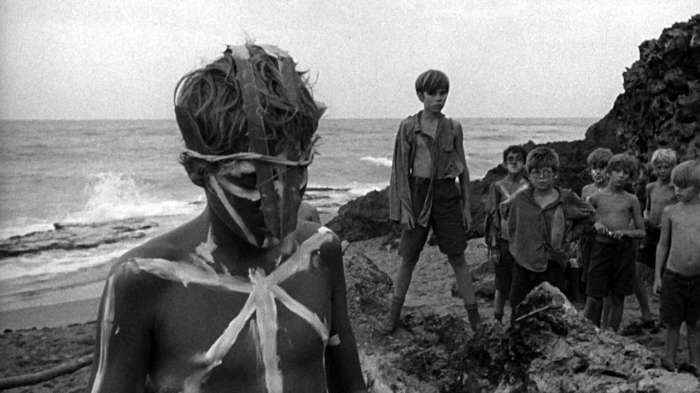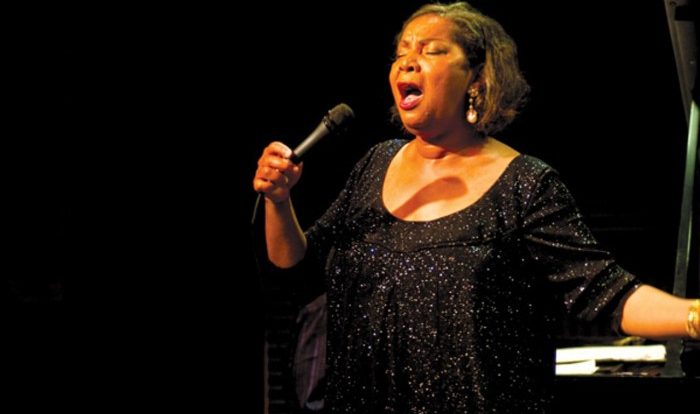As demure definition Lord of the Flies takes center stage, this opening passage beckons readers into a world crafted with academic rigor and authoritative tone, ensuring a reading experience that is both absorbing and distinctly original. The term “demure” holds a profound significance in William Golding’s seminal work, Lord of the Flies, where it encapsulates the subdued and reserved nature of certain characters, shaping the novel’s dynamics and revealing its profound themes.
Within the confines of the island, demure behavior manifests in various forms, each carrying its own motivations and consequences. The characters who embody this trait often find themselves grappling with societal expectations, cultural norms, and the innate human capacity for both good and evil.
Definition and Origin of Demure

Demure, an adjective often used to describe a person’s behavior, demeanor, or appearance, signifies a composed, modest, and reserved nature. It connotes a certain level of restraint, humility, and self-control, often accompanied by a gentle and unassuming demeanor.
Etymologically, the word “demure” traces its roots to the Middle English word “demuren,” meaning “to lower one’s eyes,” which itself is derived from the Old French word “demorer,” meaning “to delay” or “to remain.” This linguistic connection suggests a sense of restraint and modesty associated with demure behavior, as if one is holding back or keeping oneself in check.
Throughout history, the term “demure” has been used to describe individuals who exhibit a quiet and unassuming nature. In the 18th century, for instance, demureness was considered a highly desirable trait for young women, who were expected to be modest, obedient, and deferential to their elders.
Demure Behavior in “Lord of the Flies”: Demure Definition Lord Of The Flies

In William Golding’s classic novel “Lord of the Flies,” demure behavior is exhibited by several characters, most notably Piggy and Simon. Piggy, the overweight and intellectual boy, is often characterized by his shy and timid demeanor. He is hesitant to speak up and assert himself, preferring to remain on the sidelines and observe the actions of others.
Simon, the spiritual and intuitive boy, also exhibits demure behavior. He is quiet, introspective, and often misunderstood by the other boys. He prefers to spend time alone, contemplating the deeper meanings of life and the nature of humanity.
The motivations behind the demure behavior of these characters vary. Piggy’s shyness and timidity stem from his insecurity and fear of being ridiculed or rejected by the other boys. Simon’s demure nature, on the other hand, is a reflection of his deep sensitivity and his desire to avoid conflict and violence.
The consequences of demure behavior in “Lord of the Flies” are significant. Piggy’s inability to speak up and defend himself ultimately leads to his tragic death. Simon’s quiet and introspective nature makes him an easy target for the other boys, who view him as an outsider and a threat.
Symbolism of Demureness, Demure definition lord of the flies
Demure behavior in “Lord of the Flies” serves as a powerful symbol of the loss of innocence and the descent into savagery. Piggy and Simon, the two most demure characters in the novel, represent the remnants of civilization and morality that are gradually extinguished as the boys succumb to their primal instincts.
The fact that both Piggy and Simon are killed off early in the novel is a testament to the fragility of demureness in the face of violence and chaos. Their deaths symbolize the triumph of savagery over civilization and the loss of hope for a return to order and reason.
Cultural Context of Demureness
The portrayal of demureness in “Lord of the Flies” must be understood within the cultural context of the time period in which the novel was written. In the 1950s, when the novel was published, demureness was still considered a highly desirable trait for young women.
Girls were expected to be modest, obedient, and deferential to their elders.
Golding’s depiction of demureness in “Lord of the Flies” challenges these cultural norms. By showing how demure behavior can lead to isolation and even death, Golding suggests that this trait is not always a positive or desirable one.
Comparison to Other Works
The portrayal of demureness in “Lord of the Flies” can be compared to its depiction in other literary works. In Jane Austen’s “Pride and Prejudice,” for instance, the character of Elizabeth Bennet is often described as being demure and reserved.
However, Elizabeth’s demureness is not a sign of weakness or submissiveness. Rather, it is a reflection of her intelligence and her refusal to conform to the expectations of society.
In contrast, the demureness of Piggy and Simon in “Lord of the Flies” is a sign of their vulnerability and their inability to survive in a world that is increasingly dominated by violence and chaos.
Key Questions Answered
What is the etymological origin of the word “demure”?
The word “demure” traces its roots to the Old French word “de meure,” meaning “of good behavior.” It has evolved over time to encompass a broader range of meanings, including modesty, reserve, and submissiveness.
How does demure behavior contribute to the overall dynamics of Lord of the Flies?
Demure behavior plays a significant role in shaping the social hierarchy and power struggles on the island. Characters who exhibit demure traits are often perceived as weak or submissive, making them vulnerable to manipulation and exploitation.
In what ways does demureness foreshadow events or characterize individuals in Lord of the Flies?
Demure behavior can serve as a subtle indicator of a character’s inner turmoil or hidden intentions. For example, Piggy’s demure nature initially masks his intelligence and resilience, while Jack’s outward confidence conceals a savage and domineering nature.


